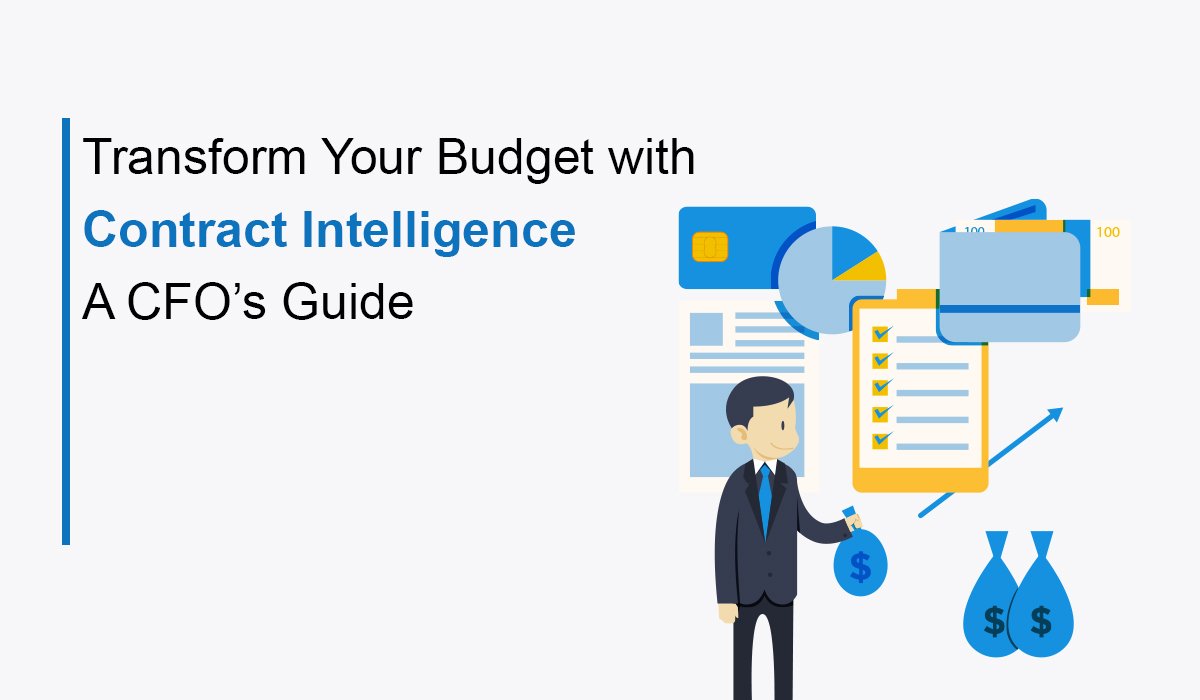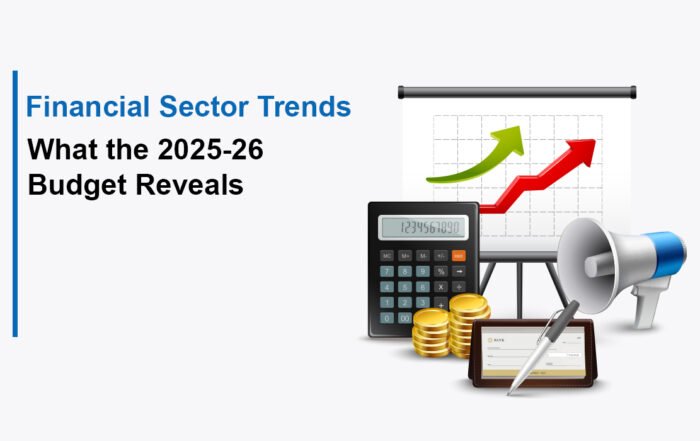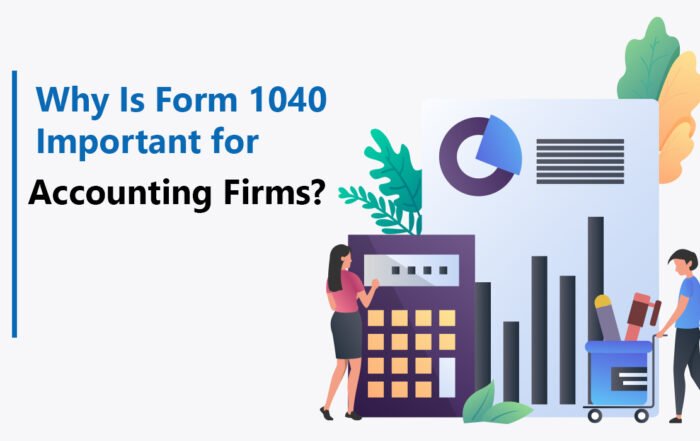In today’s complex financial environment, CFOs face the daunting task of balancing cost efficiency with business growth. Today, budget management is no longer about traditional accounting and you have to use a smart, data-driven approach that incorporates the power of technology. Of all the innovations in this arena, there is none more revolutionary than the use of a financial contract management (FCM) solution. By implementing contract intelligence, CFOs, who are the gatekeepers of the finances of their organization, can unlock new efficiencies and some substantial cost savings.
In this blog, we unravel how contract intelligence empowers you to hand your financials over to the cloud, transforming financial management as we know it — a must-have for CFOs, CFO services, and service providers.
The Rise of Financial Contract Management (FCM) Solutions
Financial contract management solution enables financial gatekeepers(CFO) to automate, track, and analyze manufacturing contracts. Beyond simple data storage, these platforms provide advanced analytics to give insights into contract spending, obligations, and risks.
For CFOs and financial decision-makers, FCM can:
- Reduce Human Error: Automated contract management eliminates the risk of human error like entry of incorrect data, or forgetting terms.
- Ensure Compliance: Becomes of value to all those information managers with which organizations are in a contractual obligation both to meet the terms of contracts (as well as various regulatory obligations) and must be able to preserve a record of every such contract in the form of an electronic contract.
- Enhance Budget Management: CFOs can better inform budget decisions by knowing leader contract trends and spending patterns.
A financial contract management (FCM) solution is not just a tool; it’s an enabler of financial growth. However, there are some ways to ease the transition of outsourcing these systems to, an accounting company, or choosing FCM on a partnering basis, even for smaller businesses.
Why CFOs Need Contract Intelligence
For CFOs, it’s all about financial gatekeeping: All dollars spent must be in line with the goal of the company as a whole. CFOs leverage the strategic use of contract intelligence to ensure oversight of contracts — with unprecedented insight — resulting in streamlined workflows, decreased costs, and improved resource allocation.
Key Benefits of Contract Intelligence for CFOs:
- Improved Cash Flow Management: Real time insights into payment cycles and receivables are what contract intelligence solutions provide. CFOs can optimize cash flow and more accurately position resources by automating these processes.
- Mitigating Financial Risk: Contract management is effective when it helps identify the risk exposures in contracts. Analytics within the solution make the contract terms, deadlines, and penalties crystal clear so you don’t inadvertently incur unexpected financial liabilities.
- Enhanced Vendor Relationships: Contract intelligence can keep an eye on the performance of multiple vendors so that CFOs can negotiate the best terms and conditions with suppliers.
Imagine, with a strong FCM offering, CFOs can note patterns in vendor pricing and therefore negotiate better deals due to historical spending.
Leveraging FCM Solutions for Budget Transformation
It’s not about replacing CFOs, and finance teams with contract intelligence, it’s about giving them the tools to make faster, data-driven decisions. Setting a new tone, CFOs using financial contract management (FCM) solutions can cut through and streamline contract processes to unlock savings and better spending.
Outsourcing FCM and the Role of Accounting Companies
Some companies can’t implement a full-scale FCM solution inside of them. In this case, it’s preferable to outsource the service to an outsourced CFO company or an accounting company that specializes in financial contract management. These companies not only bring technical expertise but also offer the following benefits:
- Cost Efficiency: Outsourcing means you will immediately enjoy the savings associated with low labor costs, high frequency, and minimal investment in specialist software and staffing.
- Expertise: Your internal teams aren’t experts in complex financial landscapes, which is why financial service providers can offer so much insight.
- Scalability: As a business grows it is easy for outsourced providers to scale its services based on how much your business needs.
How to Implement an FCM Solution Successfully
Usually, the implementation of an FCM solution will go as successfully as choosing the right financial services provider. If you’re looking to establish an integrated FCM solution of FCM in your industry, consider opting for a company that is well aware of your business and the technologies necessary to successfully integrate FCM into its network.
We offer comprehensive contract management and CFO services at Lints Advisors to help organizations smoothly transition. Having an FCM means our team is up to speed with the finer points of the kind of contract intelligence that CFOs can use at full capability. We partner with Lints Advisors to bring your company the industry experience, the latest technology, and on-the-ground financial contract management.
Implementing a new system requires strategic planning and a step-by-step approach to ensure that the solution aligns with your company’s financial goals. Here’s a quick guide to implementing a financial contract management (FCM) solution:
- Define Your Needs: First, analyze your existing contract management processes and find out potential areas to be improved.
- Choose a Trusted Provider: If it’s outsourced with an outsourced CFO company or if it’s an in-house implementation, pick a solution provider that has experience with FCM.
- Train Your Team: Make sure your Finance and accounting team are trained well in the FCM system. There are many providers which offer training sessions so that your transition is smoother.
- Monitor and Evaluate: Once implemented, continuously run the FCM solution to track performance metrics for FCM solution effectiveness.
Transforming budgets through Advanced Contract Intelligence
As a dynamic process, budgeting is changing, and the integration of contract intelligence gives CFOs a chance to rethink budgeting. A CFO with a financial contract management solution can more easily control his/her budgets with open real-time financial data and contract analytics, which results in more accurate forecasting and budget modifications.
If you’re a company hoping to keep up with the competition, contract intelligence isn’t some extra widget—it’s a business advantage. By enabling CFOs to think and act proactively to address financial challenges and identify cost-saving opportunities, and with the ability to make data-backed decisions to drive growth, DRIP delivers.
Conclusion
A financial contract management solution can transform any business, regardless of size. CFOs, the financial gatekeepers, use contract intelligence to break down the black box of the complicated contract process and gain on their contracts. This includes allowing them to get cost savings, reduce risks, and better manage the budget.
Where further streamlining is needed, choosing to work with an outsourced CFO company or financial services provider can help make this transition to a contract-intelligent finance function even easier. To leverage contract intelligence, Lints Advisors’ provides a full range of FCM and CFO services. We can help you steer your financial transformation with a smart, price-efficient budget management system.
Contact Lints Advisors today to learn how we can support your financial goals with a customized contract management solution.
Financial Sector Trends: What the 2025-26 Budget Reveals
The Union Budget 2025-26, unveiled by Finance Minister Nirmala Sitharaman, has set the stage for transformative changes in India's financial sector. The upcoming budget concentrates on developing economic expansion while making credit options more accessible [...]
Empowering Women: Financial Planning for 2025
In today's dynamic financial world, empowering women through tailored financial planning is more crucial than ever. Women often face unique financial challenges, including longer life expectancies, career breaks for caregiving, and persistent wage gaps. Addressing [...]
Why Is Form 1040 Important for Accounting Firms?
When it comes to the world of taxes, Form 1040 holds a central position. It is often referred to as the "U.S. Individual Income Tax Return" and serves as the primary document taxpayers use to [...]





